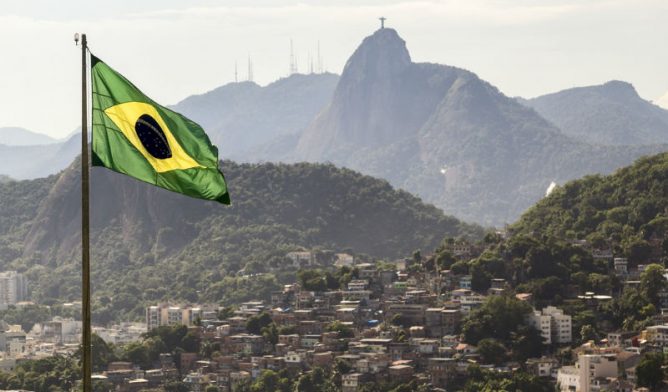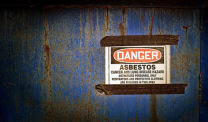Brazil’s Asbestos Ban Will Impact US Imports
Asbestos Exposure & BansWritten by Matt Mauney | Edited by Walter Pacheco

In a landmark decision, Brazil severed ties with asbestos.
The world’s third-largest producer of chrysotile asbestos, also known as white asbestos, ruled last week to ban the production, distribution and use of the toxic mineral.
Brazil’s Supreme Court on Nov. 29 voted 7 to 2 on the measure to ban the substance responsible for deadly mesothelioma and other diseases.
The vote makes Brazil the most populous country to ban asbestos, according to the International Ban Asbestos Secretariat (IBAS). China, India and the United States — countries with populations that surpass the South American nation — still use chrysotile in some capacity.
According a 2017 study from the Environmental Protection Agency, the United States Geological Survey reported the U.S. imported 340 metric tons of raw chrysotile asbestos last year. Roughly 95 percent came from Brazil, with the remaining 5 percent imported from Russia.
In a blog from the Asbestos Disease Awareness Organization (ADAO), its co-founder, Linda Reinstein, wrote: “Since 2013, the USA has spent an estimated $4 million buying tons of asbestos from Brazil to be used by chloralkali industry.”
The industry, which uses durable and fireproof asbestos diaphragms in its chlorine manufacturing process, is responsible for nearly all imports.
A total of 62 countries have banned asbestos, according to IBAS. The U.S. remains one of the few industrialized countries without a ban or phase-out plan in place. Of the 10 most populous countries in the world, only Brazil and Japan have passed comprehensive legislation to ban asbestos.
Roughly 10,000 Americans die each year from preventable asbestos-related diseases such as asbestosis, lung cancer and mesothelioma.
“This decision will have a global impact on the market. It will create a domino effect,” Fernanda Giannasi, advisor to Brazil’s Association of the Asbestos-Exposed, told BBC Brazil. “If an asbestos-producing country like Brazil is capable of making such a decision, why wouldn’t it be followed by those countries that buy asbestos?”
US May See Spike in Russian Asbestos
With Brazil’s ban, anti-asbestos advocates fear the U.S. may turn to Russia for its asbestos needs.
Russia is the long-standing world leader in asbestos mine production, with 1.1 million metric tons each year — more than 50 percent of the world total. It is also the world’s second-largest consumer, trailing only China.
More than 438,000 Russians depend on asbestos factories and mines for their livelihood, according to the New York Times.
More Countries Moving to Ban Asbestos
Four nations have vowed to ban asbestos in the past 12 months.
Once considered the world leader in asbestos production, Canada remains on track to ban the toxic mineral by 2018. Asbestos is the leading cause of occupational deaths in Canada.
In June, the Ministry of Health of Ukraine announced the country had adopted a ban on the use of all types of asbestos. However, the Ukrainian government has since backtracked on that promise, saying it may delay the implementation of the ban following political and economic pressure from the asbestos industry.
On Nov 27, Svetlana Bolokan — head of Moldova’s Department for Management of Waste and Chemicals — announced the country intends to ban the sale and import of chrysotile asbestos and asbestos-containing products by 2019.
Moldova had previously pledged to phase out asbestos-containing materials by 2020.
Brazil’s ban is monumental because asbestos is still a large part of the Brazilian economy. Reinstein, according to her blog, says the decision reaffirms there is no safe or controlled use of asbestos.
Roughly 125 million people are exposed to asbestos at the workplace, according to the World Health Organization. Scientific evidence has concluded all forms of asbestos are carcinogenic to humans.







